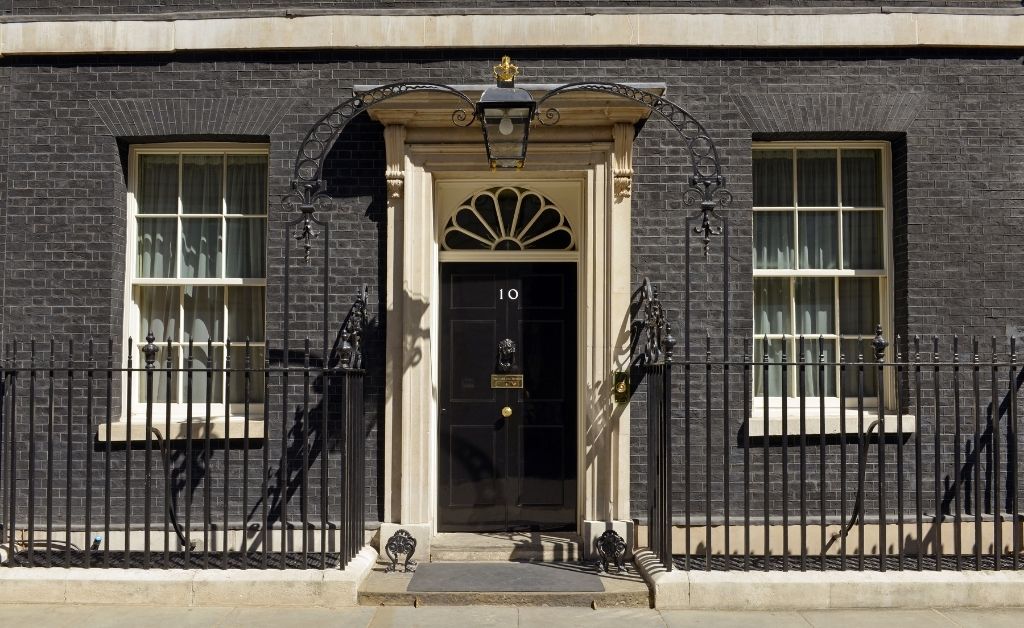The autumn budget 2021 revealed plans for a slew of policy changes, including a 50% business rates discount and minimum wage increase. Let’s review the key changes.

What’s in the Autumn Budget?
Last Wednesday, Chancellor Rishi Sunak stepped out of Downing Street for the traditional budget photo op before formally unveiling the policies that will shape the economy going forward.
The government announced many of these previously, such as the National Insurance and Dividend increase which you can read more about here.
Others have been foreseen, such as the pension changes and Residential Property Developer Tax.
There have also been some surprising omissions, as many suspected the Conservatives would alter Capital Gains Tax and Inheritance Tax. Yet the two taxes remain almost entirely unchanged.
The question remains, is this budget enough to support businesses and individuals in a post-Brexit, post-lockdown, inflating economy?
Here are some of key changes from the autumn budget.
National Insurance and Dividend Increase
The most controversial aspect of the budget was revealed early. This tax change will raise National Insurance contributions and dividends significantly from 6th April 2022. The rates are as follows:
For National Insurance
| Type of Contribution | Old Rate | New Rate |
| Employer | 13.8% | 15.05% |
| Employees | 12%/2% | 13.25%/3.25% |
| Self Employed | 9%/2% | 10.25%/3.25% |
For dividends
| Tax Bracket | Percentage Charged |
| Basic rate taxpayers | 8.75% |
| Higher rate taxpayers | 33.75% |
| Additional rate taxpayers | 39.35% |
Business Rates Discount
Before the government announced the budget, business rates were set to increase. This U-turn may signal an attempt to account for increasing inflation.
For one year, businesses in the retail, hospitality and leisure sectors will benefit from a 50% business rates discount. And those that use plant and machinery for on-site renewable energy will get a full exemption until 2035.
Capital Gains Tax
Contrary to predictions, the autumn budget brought only minor changes to CGT. From now on, you have 60 days (rather than 30 days) to report and pay tax from the sale of property.
National Living Wage Increase
At the highest end, the autumn budget offers those over 23 at least £9.50 per hour while apprentices will earn at least £4.81 per hour. This takes effect on 1st April 2022.
Pension Delay
If you were born in 1973 or later, you will have to wait an extra two years before claiming your pension or incur a charge. (This does not apply to pension schemes with protected ages, certain professions and those who retire for health reasons)
Due to the economic burdens caused by an ageing society with longer life expectancy, the government is encouraging those who can do so to work longer. Ideally, this will leave people with an extra two years’ income to live more comfortably in retirement.
Residential Property Developer Tax
This new tax has been in discussion for some time. It applies a 4% rate on profits from residential property development projects that exceed £25 million. Due to the extremely high profits required to trigger the tax, is unlikely to affect many businesses.
Annual Investment Allowance Extension
This allowance provides a 100% capital allowance deduction against profits when money is spent on plant and machinery. The limit has been increased to £1 million until 2023. However, as the super-deduction offers 130% relief, the autumn budget may not offer the most cost-effective option for businesses.
Research and Development Expansion
After much support, R&D tax relief is receiving reform that will see it more able to compete with those overseas. Qualifying expenditure now includes data and cloud computing costs. This can make it even easier to benefit from your innovations.
For those wanting to make the most out of your innovations, we can help! Our experienced accountants can do the legwork to make sure you claim as much as possible. Find out more here.
Alcohol Duty Reform
The government have reformed and simplified alcohol duty. It now works on a sliding scale. Duty is higher on stronger drinks and lower on weaker drinks. The 28% duty on sparkling wine is to be scrapped and ‘draught relief’ offers a 5% cut in duty for beers and ciders.
This reform offers some support for pubs and savings for pubgoers.
Autumn Budget 2021: The Verdict
Inflation may rise by as much as 5% and a rising National Living Wage could add additional inflationary pressure. The autumn budget 2021 may not provide enough support.
Hiring a trustworthy accountant is a fantastic way to keep books balanced: we ensure you only pay what you must.
Contact us today to find out how we can help secure your financial future by calling 01772 788200 or by leaving your details below.
Kind regards Ilyas
